Future Skills Programme
The Future Skills Programme is one of the cornerstones of the Sixth Form curriculum at King’s.
Through it, students are prepared with essential life skills to help them to prepare to be responsible, independent, engaged young people when they leave school. There are a number of different facets to the Programme, including:
- Managing finance
- Health and safety
- Cookery
- Living away from home
- Community engagement
- Work experience
- First Aid
- Citizenship
- Vehicle maintenance
Students have timetabled sessions through which many of these aspects are delivered; however, students are also encouraged to use some of their non-contact time during the week to pursue community engagement and work experience.
Programme One: King’s Feeding Communities

The programme supports students to learn a variety of practical cooking skills whilst also educating them on important aspects of nutrition and healthy lifestyles. Meals that the students prepare will be used as part of our Feeding Communities programme, and will be distributed among those in need in Gloucester. The programme followed is:
Skills Training
This session covers hazards in a kitchen, using equipment, hygiene, safety, and knife skills. It also covers cleaning, personal hygiene, protective equipment, how to avoid contamination, microbiological hazards, and temperature control.
Preparing and cooking meals
In the weeks that follow, students will prepare dishes which will be taken to Gloucester Feed The Hungry, including Mac and Cheese, Cottage Pie, and Curry and Rice.
Students will have the opportunity as part of this carousel to visit Gloucester Feed The Hungry to see and to help with the distribution of meals prepared at the School.

The most outstanding independent schools have been shortlisted for the 2021 Tes Independent School Awards.
King's is proud to announce that we are shortlisted for the Student Initiative of the Year for our Feeding Communities Programme
You can read the full story here: https://bit.ly/3dtQL8c
Programme Two: Personal Finance Management
This session will cover basic financial management with students, and will include: Tracking money; Income and savings; Wages, tax, and National Insurance; Budgeting and preparing for the future; Credit cards; Debt management; Avoiding financial scams; Sources of money.
The programme followed is:
Week 1: Attitudes towards money
This session will explore students’ attitudes towards money, including what constitutes ‘wealth’, attitudes to saving and spending, attitudes towards credit, and how to use money efficiently, and concepts of ‘value’.
Week 2: Budgeting and savings
This session will look at how students can make and keep to a budget, as well as looking at different types of banking and credit accounts, savings accounts, bank statements, interest rates, taxation, and dealing with financial difficulties. It will also look at salary, wages and payslips.
Week 3: Dealing with debt
This session will look at the reasons people fall in to debt, as well as the practical remedies of managing and dealing with debt. It will look at the support available to people in need, and students will engage in an exercise that requires them to make an assessment of their own financial position.
Week 4: Saving and spending
This session will look at some of the key financial safeguards against scams, information about loans and repayment, as well as giving students the opportunity to have a practical session about how to use tools for price comparison and finding things for the best available price. It will also review the work from previous sessions so that students are fully appraised of their own long-term financial goals.
Programme Three: Leaving Home
The sessions covered in this carousel will cover:
Week 1: Finding a home
This session will cover types of university accommodation, how to rent in the private sector, choosing and living with housemates, contracts, landlords, tenants and mortgages.
Week 2: Living at and away from home
This session will cover hazards and repairs at home, basic home maintenance, white goods, looking after food, dishwashing, laundry and ironing.

This session will cover what to keep in medical kits, basic First Aid, symptoms and treatments of common conditions and illnesses, medical intervention, and medical training.
Week 4: Rights and Responsibilities
This session will cover registering for key services and utilities, council tax and the electoral roll, jury service, as well as local and national government.
Programme Four: Independent adulthood
Week 1: Caring for the Environment
This session will look at several issues and analyse and debate their importance, including what can be what can be done to minimise their impact.
Week 2: Law, rights and responsibilities
This session will look at key staples of citizenship, including the work of the Citizens Advice Bureau, elections and voting, and managing challenging conversations.
Week 3: Living as an adult
This session will look at some of the key features of living as an adult, including what furniture to buy, what equipment you should take to university, keeping safe, self-defence, online safety, scams and phishing.
 Week 4: Car maintenance and safety
Week 4: Car maintenance and safety
Working with Malvern Tyres, students will be guided through the basic aspects of car maintenance, including how to check tyre pressure/water/oil/washers.
This session will also cover vehicle safety, what to do if you witness or are involved in an accident, car tax, insurance, and driving lessons.










